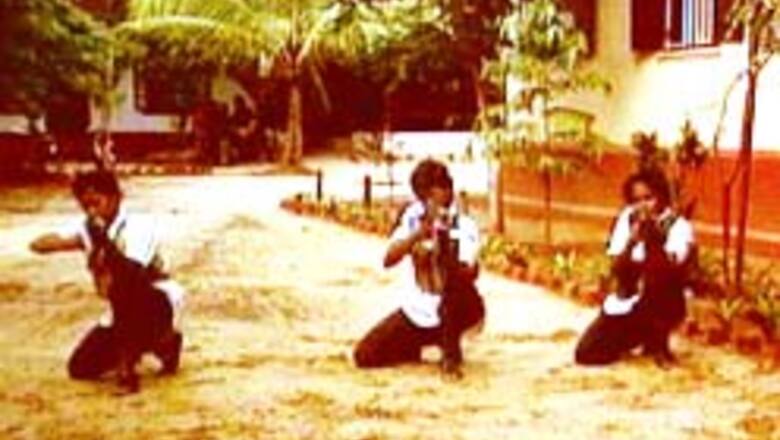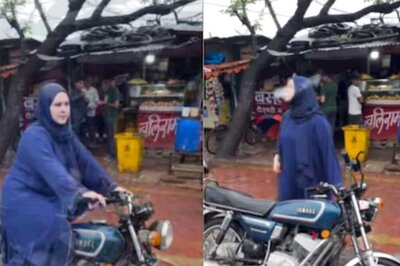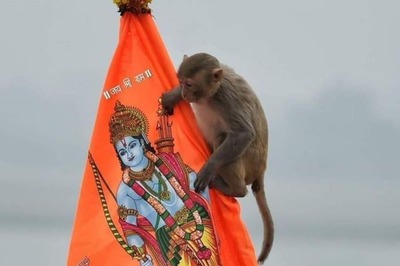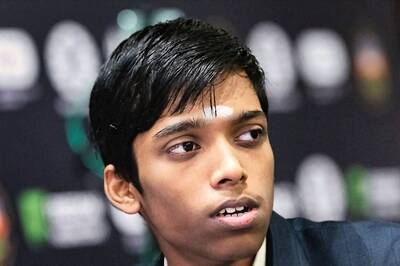
views
Colombo: Sri Lanka will introduce tough emergency regulations to outlaw terrorist activities but will not impose an outright ban on the LTTE, the island's government said on Wednesday.
The Cabinet's decision comes after months of escalating violence between the army and the rebels, including bomb blasts in the capital, and amid fears a ban could sink hopes of avoiding a return to all-out civil war.
Last week, a suicide attack in Colombo targeted President Mahinda Rajapakse's brother Gothabaya Rajapakse, who is also the island's Defence Secretary. He escaped unscathed.
"The government has decided to bring amendments to emergency regulations," Chief Government Whip Nimal Siripala de Silva told parliament. "These regulations will be updated to face the threat we face from terrorism."
The regulations, seen by Reuters, define what constitutes terrorism and bans trading with people engaged in terrorist activities, prohibits supporting or assisting them or giving information judged detrimental to national security -- on pain of up to 10 years in jail.
De Silva said the government would also re-enforce the Prevention of Terrorism Act, which gives police and the security forces wide powers to arrest, search and interrogate.
The act has been dormant since a 2002 truce now in tatters, the same year a previous government ban was lifted.
"There was no point in banning the LTTE as there was no reduction in their terrorist activities even when they were banned from 1998," said Foreign Minister Mangala Samaraweera. "These regulations are just to pressurise the LTTE to come to the negotiations table."
Colombo's stock exchange closed slightly firmer on Wednesday as investors took heart from news there would be no ban, which many analysts had feared would drive another nail into the coffin of Sri Lanka's failing peace process.
"You can't expect to go on with this campaign of violence and hope that the government will continue with business as usual. This message needs to be sent across," said Dr Palitha Kohona, head of the government's peace secretariat.
"At the same time, if the LTTE were to come back to the negotiating table seriously, with a will to ending this conflict, then the government will respond appropriately."
Rebel leader Velupillai Prabhakaran last week declared the Tigers were resuming their independence struggle. Analysts said this meant the island's long-running civil war would likely escalate.
President Rajapakse has already ruled out a separate state for minority Tamils in the island's north and east, where the Tigers already run a de facto state with its own courts, banks and even speed-gun toting traffic police.
Sri Lanka's conflict has killed more than 67,000 civilians, troops and rebel fighters since 1983. About 3,000 have died this year in a spate of clashes, air raids, artillery duels and suicide bombings.

















Comments
0 comment